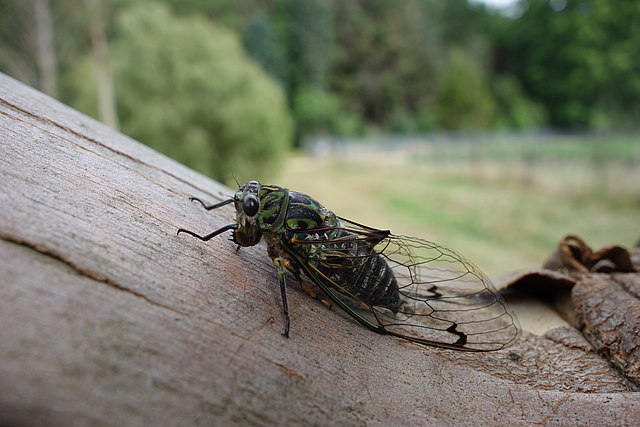The orange-breasted sunbird is a species of small, predominantly nectar-feeding bird that is endemic to the fynbos shrubland biome of southwestern South Africa. It is the only member of the genus Anthobaphes, in the family Nectariniidae, though it is sometimes placed in the genus Nectarinia. The birds are sexually dimorphic, with females being olive green while the males are orange to yellow on the underside with bright green, blue and purple on the head and neck.
Orange-breasted sunbird
Female collecting leaf hairs to line nest
Nest
Endemism is the state of a species only being found in a single defined geographic location, such as an island, state, nation, country or other defined zone; organisms that are indigenous to a place are not endemic to it if they are also found elsewhere. For example, the Cape sugarbird is found exclusively in southwestern South Africa and is therefore said to be endemic to that particular part of the world. An endemic species can also be referred to as an endemism or, in scientific literature, as an endemite.
Both the orange-breasted sunbird (Anthobaphes violacea) and the Kniphofia uvaria plant it feeds on are found exclusively in South Africa.
Bicolored frog (Clinotarsus curtipes) is endemic to the Western Ghats of India.
Montezuma Well in the Verde Valley of Arizona contains at least five endemic species found exclusively in the sinkhole.
Chorus cicada (Amphipsalta zelandica), a species endemic to New Zealand







